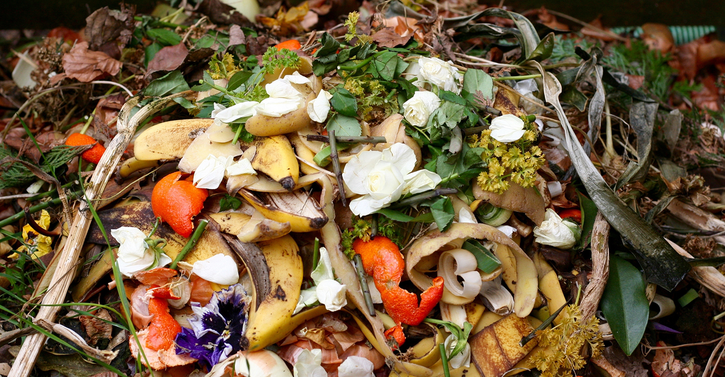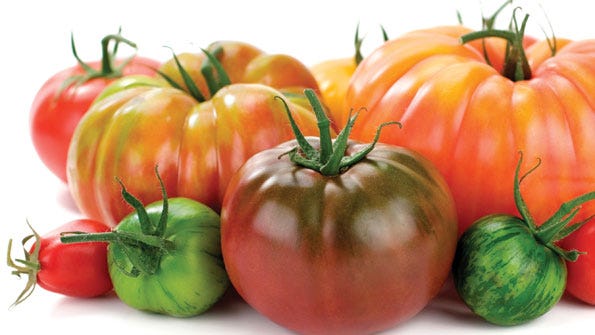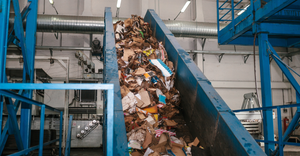Addressing Consumers’ Perceptions of “Upcycled Food”
During WasteExpo session “Consumer Acceptance of Upcycled Foods: Guidance for Manufacturers and Retailers,” upcycled food entrepreneurs will reveal their latest research.
There’s a fairly new term in circulation in the food waste prevention world: “upcycled food,” referring to leftovers from processing that are put into new, value-added products. For manufacturers, this could mean new outlets for what may otherwise be tossed as garbage. For retailers, upcycled foods could become a whole new and growing food product category; imagine a granola bar made from barley and wheat by-products of beer making.
The question is, what will consumers think when they hear of “upcycled food?”
A team at Drexel University in Philadelphia did interesting research addressing this question around consumer perception. Jonathan Deutsch, Center for Food and Hospitality Management at Drexel University, will share some surprises uncovered. And he will enlighten attendees on follow-up research on this topic at WasteExpo in Las Vegas, Monday, May 6 from 2:45 p.m. to 4:15 p.m. PT during a session titled “Consumer Acceptance of Upcycled Foods: Guidance for Manufacturers and Retailers.”
Following the presentation, a panel of upcycled food entrepreneurs will reveal some of what they are doing. Panelists include Kait Bowdler, Philabundance; James Bello, Shameless Pets; Anna Hammond, Matriark Foods; Mike Oraschewsky, TBJ Gourmet; and Daniel Kurzrock, ReGrained.
Drexel University looked at consumer perceptions of “upcycled food,” after originally using the term “value-added surplus products.” Researchers asked more than 1,000 consumers what term would encourage them to buy products from materials leftover after processing. They tested several terms, like salvaged, repurposed, reprocessed and rescued.

“The clear winner was upcycled,” says Deutsch. “I think because it’s a familiar term from fashion and maybe it connotes recycling and environmental goodness. We also learned, contrary to popular belief, consumers would pay more for upcycled than conventional food.”
This came as a surprise to the team as the food industry often assumes consumers would find something made from what could have been waste unappealing and/or that they would expect a discount.
“But we found with the right message and marketing, it could command a higher price than conventional products. This would suggest food companies could reduce food waste and achieve equal or greater value from products,” explains Deutsch.
For waste management folks, he points out this concept provides opportunity to reduce food waste, while keeping out of compost and landfill sites while preserving nutrients for human consumption.
Drexel’s findings were published last year in the Journal of Consumer Behaviour and, since, the researchers have focused on determining how much consumers are willing to pay. They are submitting newest findings around this and related discoveries for publication, and WasteExpo attendees will have a sneak peek into some of this work.
Researchers also focused on better defining the term upcycled food and are exploring creation of a third-party certification for upcycled foods. Certification would give consumers confidence in food quality and help manufacturers and retailers in marketing these products, projects Deutsch.
TBJ Gourmet, a Philadelphia-based manufacturer and distributor of gourmet foods, partners with Philabundance, a large food bank, to turn tomato scraps into something good.

“Large operations slice tomatoes daily for sandwiches, and the tops and bottoms are thrown in the trash. Or there may be a tractor full of overordered good ones,” says Oraschewsky, chief executive boar at TBJ Gourmet. “We seek to add value to products with these ingredients for sale and for charity.”
“But what about items that could be ingredients but are not usable by themselves?” asks Oraschewsky.
Through TBJ Gourmet’s partnership with Philabundance, the company makes tomato jam, with a dollar from each jar sold invested in tomatoes for sauce to give to the food bank.
“We donate money to buy edible tomato pieces that would be wasted and turn them into sauce. It's a win all the way around,” says Oraschewsky.
His primary product is a bacon jam made from end pieces of bacon that don’t lie well in packages. He adds brown sugar and onions. This jam is sold in retail locations and restaurants across the country.
“We identify food that would otherwise be wasted and make delicious, edible products either for charitable contribution or for profit. My WasteExpo presentation will be about upcycling for profit. But I will touch on ways to make upcycling work for charities as well,” he says.
About the Author
You May Also Like




